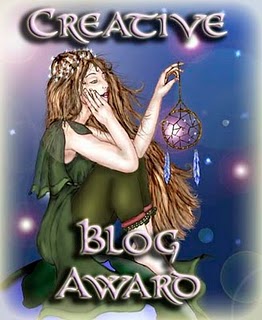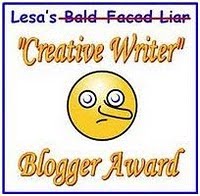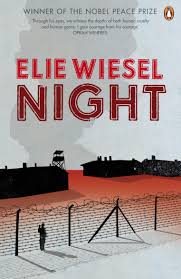 I find myself drawn to WWII lately, perhaps because of the slaughter going on in the Middle East. I have always considered that when good people do nothing, evil wins--close enough to quote Edmund Burke, I think. I am too old to fight in wars, and too jaded to discuss politics, although I will on occasion. I am neither right nor left, conservative or liberal. I am socially conscious and fiscally conservative, if I am anything at all. I find it horrific that the drones the US sends often kill innocent women and children in Syria and beyond. I am disgusted at the chemical warfare being used on little ones--their eyes haunt me. Do I think we should commit our troops? I don't know. I am weary of war. Do I have a solution? No. I don't, but I don't have access to think tanks. All I have are my words and my voice. If nothing else, at least I have put it out there for others to think about. Consider Elie Wiesel. He was a boy introduced to madness at just 15 years of age. Before the concentration camps he was a staunch believer in God. After the camps, he was still a believer. He thought that if one could just cast aside God then it made everything, including questions, and even life itself, meaningless. To Elie, the problem would remain elusive his entire life. He did consider the madness of God and at one time called for a new faith. Perhaps a fatalistic faith that deemed the Creator the Creator and not to be judged--that all things happen for a purpose and a reason, even murder and madness. I think, if a reason were to be found at all, that the holocaust happened so good people would never allow it to happen again. Yet, are we any different than those who lived through WWII? Witness the slaughter of Christians and Muslims and once again we stand idly by and do nothing. Concentration camps are set up, human beings are burned alive, children are raped, and women are treated as animals. Every day there are honor killings, female mutilations, and child brides. We must stop the madness. Perhaps we in the United States believe that it is all happening over there. So distant from us that it doesn't matter. But it does matter. It matters to the human soul. A 5 Star Review Elie Wiesel, a Jew of Sighet, a small town in Transylvania, is the 3rd child of 4. He is the only son. Elie craves the words of the Torah as much as the Kabbalah. At 13, he attaches himself to Moishe the Beadle, a self-described, insignificant, poverty stricken Rabbi who teaches him the mystical way of the Kabbalah. The Jewish area of Sighet is divided into 2 ghettos and all foreigners are expelled. Without warning, Moishe the Beadle disappears. Months later, he returns a broken man, bringing back tales from Germany, of Jews forced to dig their own graves. He claims children and babies are thrown into the air and used as targets for machine guns. Moishe the Beadle escapes because he plays dead under a pile of lifeless bodies. No one in Sighet believes Moishe. The transportsFirst they came for the poorest of Jews. Then they came for the middle-class. The gold and riches theGestapo did not confiscate from the remaining Jews, families buried in the basements of their homes. Informed of new transports to arrive gives the Wiesel family hope. They consider the others that were taken first and believe they are now in work camps or even convalescent camps where they will reunite with family and friends. The Hungarian police are merciless. The Jews are herded into the cars. Each car is given a few pails of water. They are expected to live off the food in their backpacks. Soon, the short trip turns into days. Hunger and thirst prevail. Rumors of concentration camps are passed around. When the train stops, they are herded outside and forced to stand in the blistering sun for hours. Men to the left! Women to the right!Elie Wiesel and his family arrive in Auschwitz. His mother and sisters go one way while he and his father go another. He knows what a crematorium is, and wonders later if the smoke he sees rising from chimneys is that of his mother and three sisters. From Auschwitz to Buna to Buchenwald, Wiesel and his father travel the concentration camps of Germany. At Buchenwald, they are herded into huge carts. As they pass through cities and towns, German's throw bread at them watching as starving men and women grapple and fight for food. They know where these trains are headed and do nothing to stop them. Father and son experience the hanging of young children, the rape of younger children, brutality, and cruelty beyond what you can imagine. Only after Buchenwald do the Americans arrive and it is only after the death of Elie's beloved father. There are times we must become involvedI am not talented enough to convey the emotion Night inspired within me. It is a novel of just 120 pages, but every word reaches into the depths of the human soul and ties a knot that cannot be broken. The novel should be required reading for every human being. If we do not learn from the holocaust, it is only a matter of time before we repeat it. Bad things happen when good people do nothing. Night cannot be read for pleasure. It cannot be read for context i.e., an evil caused by the suffering of theGerman people between WWI and WWII. To understand the #holocaust, is to look into the hearts and minds of human beings and to understand there lies within us a path to insanity. We are, after all, animals. If we are deprived long enough for food, water, warmth, and kindness, we will revert back to the animal kingdom from which we came. It is best to be on our toes. We must read the impossible to understand the improbable just to keep it from happening again. #eliewiesel To purchase a copy click here or copy and paste: https://www.amazon.com/Night-Elie-Wiesel/dp/0374500010 Comments are closed.
|
Sign up today for freebies and fun. Grab your chance at signed copies of my paperbacks and free e-books.
For Kobo coupons click here or copy and paste the link into your browser.
http://www.therawfeed.com/stores/kobobooks-com |
Proudly powered by Weebly
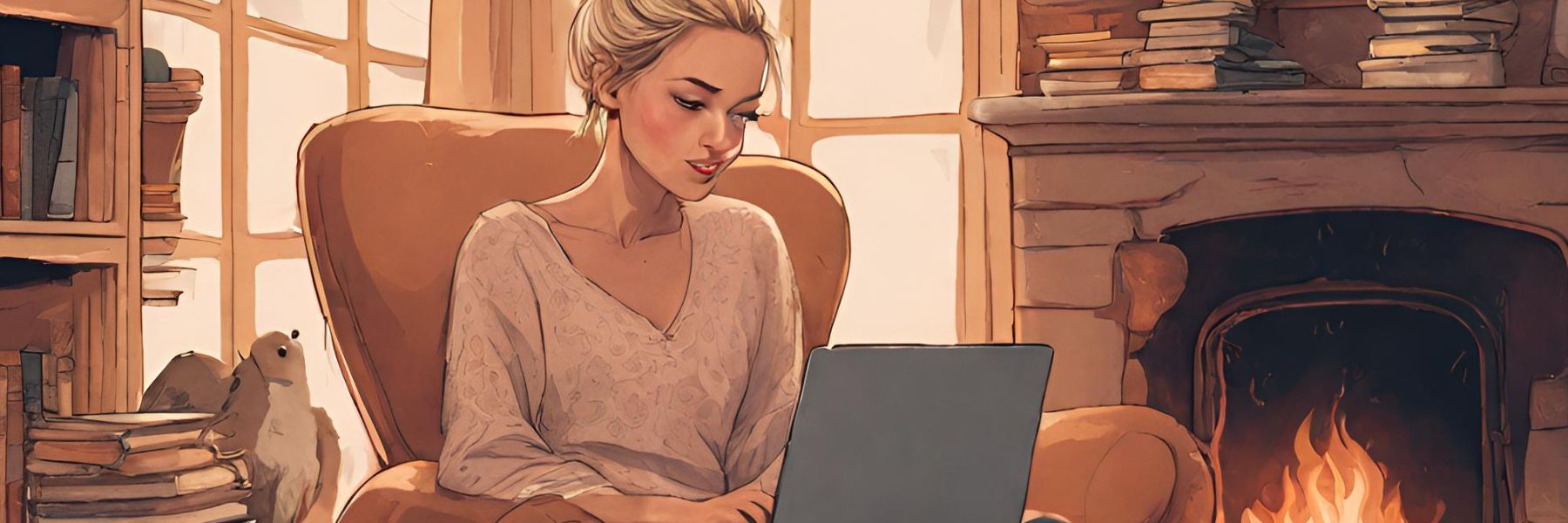
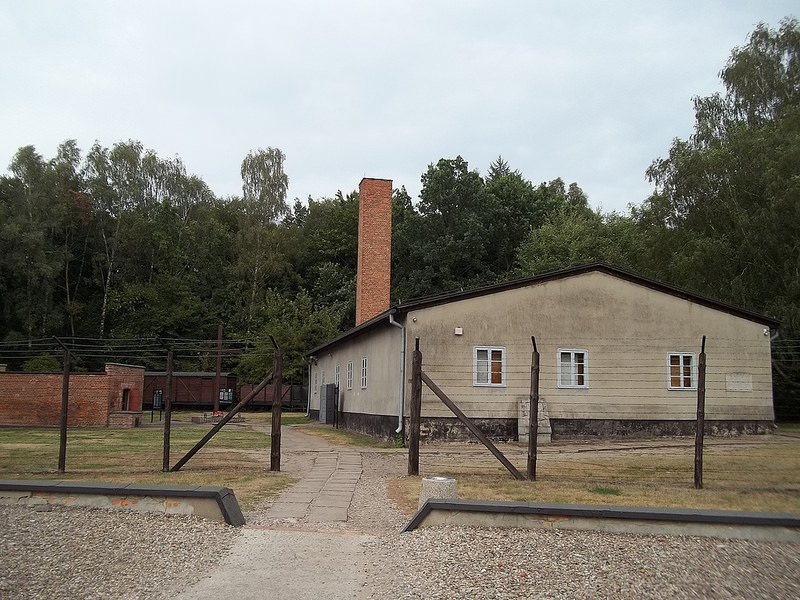


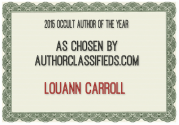
 RSS Feed
RSS Feed
